Russia doping: What we know about the state-sponsored 'systematic' doping that could lead to a ban from Rio 2016
Russia now faces the possibility of a blanket ban from the Rio Olympics after the McLaren Report
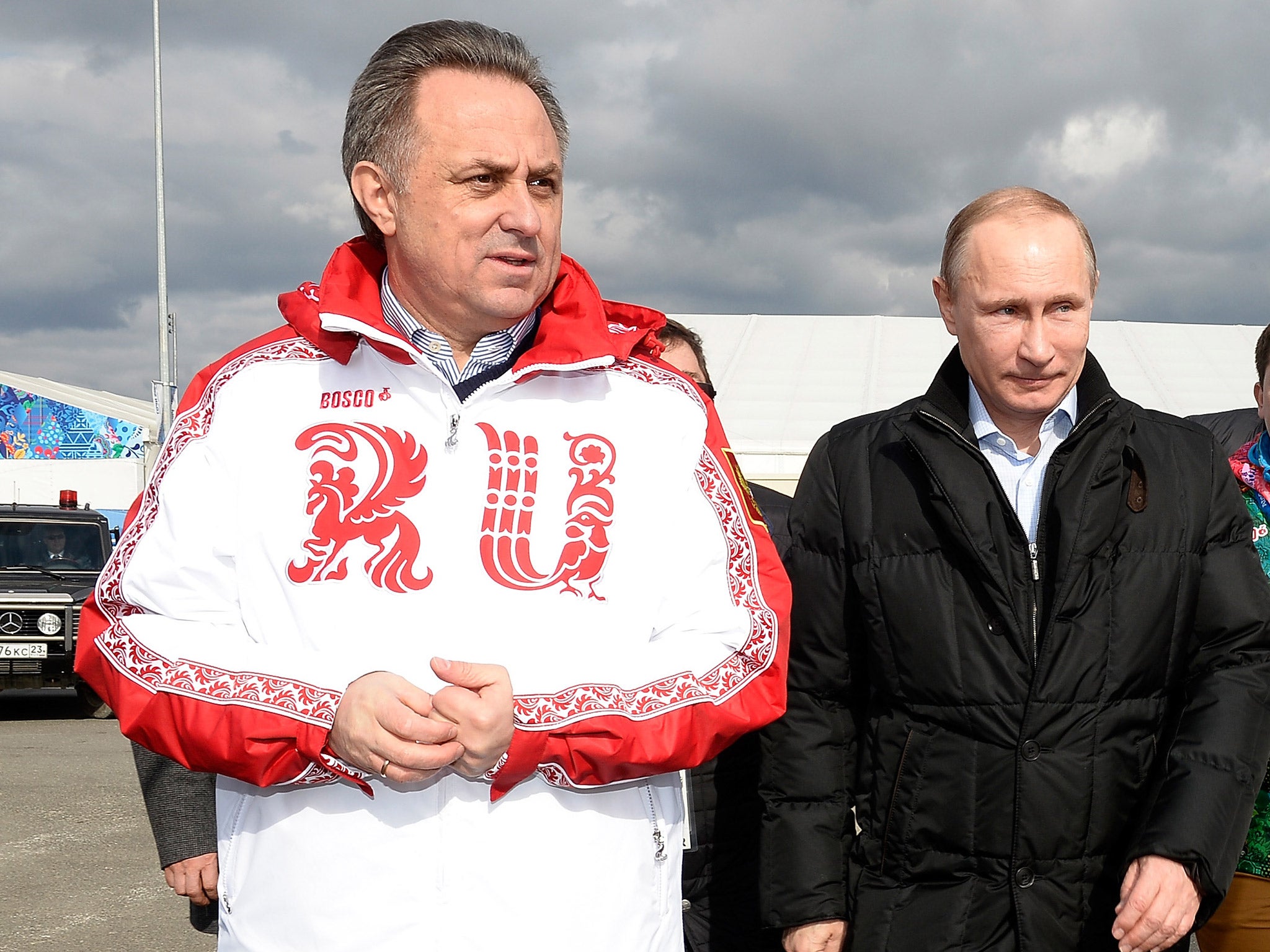
You have may have heard that Russians have been rumbled as drugs cheats but the report published by Richard McLaren on Monday goes a lot deeper than that.
Having read its 103 pages, here is a guide to the key issues.
Who is Richard McLaren and why was he investigating Russian doping?
McLaren is a law professor who helped fellow Canadian Richard Pound with his hard-hitting investigation into doping in Russian athletics last year. Both that investigation and this one were funded by the World Anti-Doping Agency (Wada) and they followed media reports based on whistle-blower testimony of widespread cheating in the world's biggest country.
The catalyst for the McLaren report was a New York Times interview with the ex-director of Moscow's anti-doping laboratory, Grigory Rodchenkov. Rodchenkov told the newspaper in May that he had helped to run a doping scheme for nearly four years that covered up hundreds of positives, benefiting athletes from more than 30 sports and enabling Russia to win medals at several major events, including the last two Olympics.
How did Rodchenkov get away with it?
You could argue he did not, as Russia's disgrace is now complete, its athletes face global bans and Rodchenkov himself is in hiding in the United States. But he nearly got away with it because he had a lot of help. Russia's doping problems go back to the Cold War but the McLaren report has uncovered just how sophisticated its cheating had become prior to Pound's investigation.
Rodchenkov and his team at the Wada-accredited lab in Moscow were the "fail safe" in an operation that was directed by Russia's ministry of sport and aided by the Russian anti-doping agency, senior sports officials and even the successor to the Soviet Union's notorious KGB, the FSB security service.
Rodchenkov's job was to come up with an alcohol-infused cocktail of steroids that would be harder to detect as drug-testing methods improved and/or simply make positive tests by "protected athletes" disappear.
FSB agents helped him by working out how to get into the supposedly tamper-proof bottles in which urine samples are stored and transported, sports bosses supplied him with quantities of clean urine from Russia's best athletes and the ministry decided which positives to throw away and which to process properly. Positive samples from foreigners were always processed properly, by the way.
Rodchenkov does not sound like a very savoury character: is he McLaren's only witness?
Good question, and one that Vladimir Putin and others in Russia are already asking, although they use stronger language than "unsavoury".
McLaren said he cross-corroborated every one of Rodchenkov's claims with documentary evidence, electronic messages and forensic analysis. He also spoke to other witnesses who he does not want to name for their own safety.
As a result of this, McLaren said he found Rodchenkov "credible and truthful", and that he had "unswerving confidence" in his report's findings.
What else is in the report?
The amount of detail on how 643 positive tests "disappeared" by coded ministerial decree is staggering but perhaps the most amazing section is on the solution the Russians came up with for making sure they did better at their own Winter Games in 2014 than they did at the previous edition in Vancouver.
The temporary lab in Sochi would be crawling with foreign observers so Rodchenkov knew he could not just falsify test results as he did in Moscow. So he, the secret service and his handlers in the ministry came up with a scheme to smuggle positives out of the lab overnight through a "mouse hole" drilled in the wall.
An FSB agent, falsely accredited as a plumbing contractor, would then open the sealed samples so that Rodchenkov, who was hiding next door, could refill them with clean urine, taking care to make sure they matched the specific gravity recorded on the sample's label by adding salt or distilled water.
Thirty-seven Russian athletes were protected in this fashion and no Russians tested positive at Sochi, where the team won a record 33 medals. Wada and the International Olympic Committee were none the wiser, both praising the lab for its fine work.
Ah, that must be embarrassing, are they very angry now?
Wada, having been made to look silly by Russia (and others) for years, is furious but sees this crisis as an opportunity to concentrate minds and win the extra funding and powers it has been requesting for years.
The IOC position - and to a lesser extent that of the International Paralympic Committee - is a lot more nuanced, and that is putting it diplomatically.
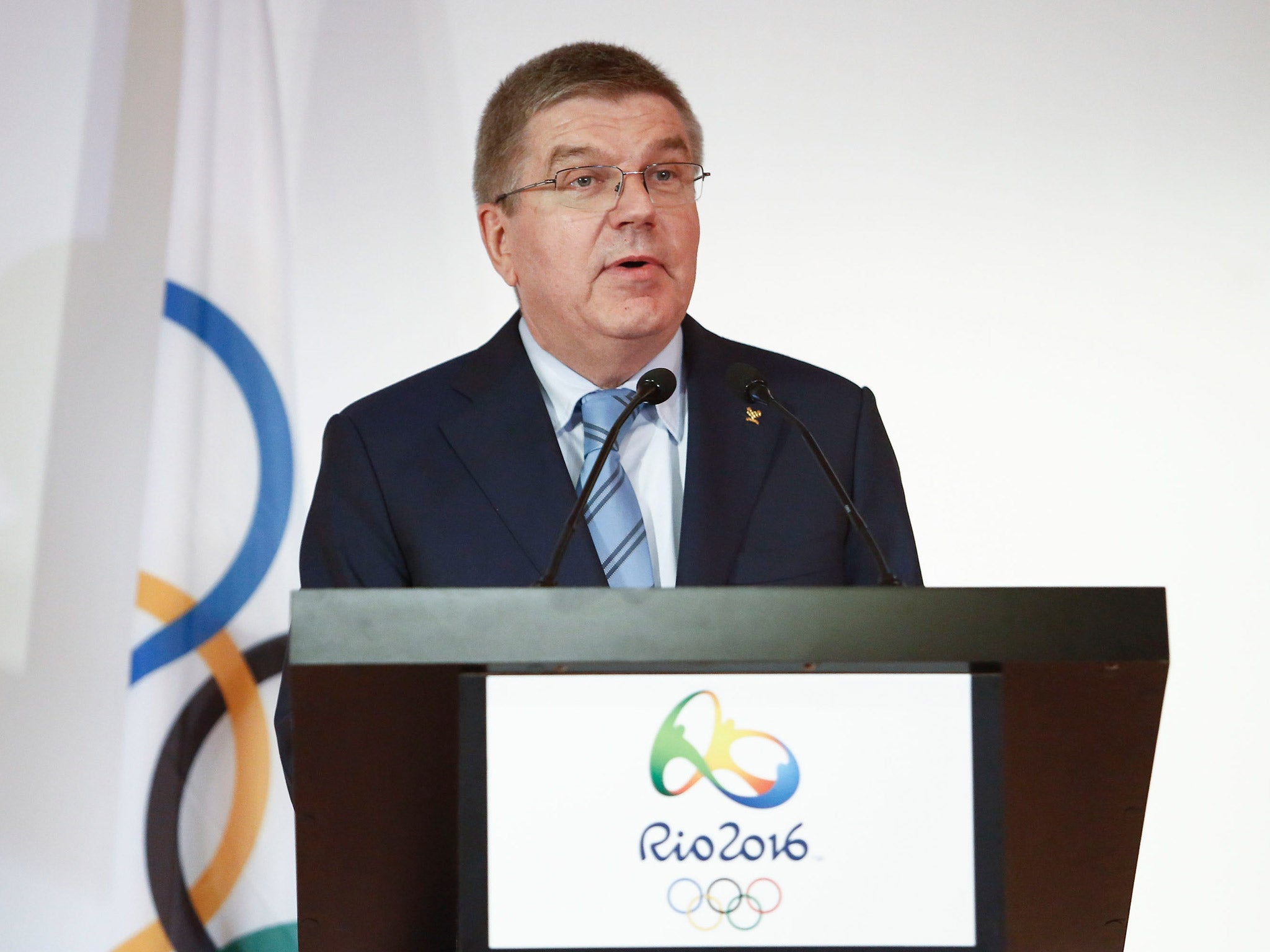
At almost every step in this sorry descent to Monday's new low, IOC president Thomas Bach has been ready to say the right thing about clean sport but also quick to placate Russian sentiment by saying he was in favour of individual, not collective, punishments.
Bach, no doubt, is mindful of Cold War-era boycotts and the fact Russia is an enthusiastic host of major sporting events.
The "no collective punishment" mantra has been the Russian line ever since the first Wada-funded investigation saw its athletics team, anti-doping agency and main lab all suspended in November: there is no state direction and we only have the same proportion of dopers as everybody else.
Both of those claims, particularly the first, have been obliterated and it did not take long for Wada to join the global chorus of angry anti-dopers and athletes calling for Rio to be Russian-free.
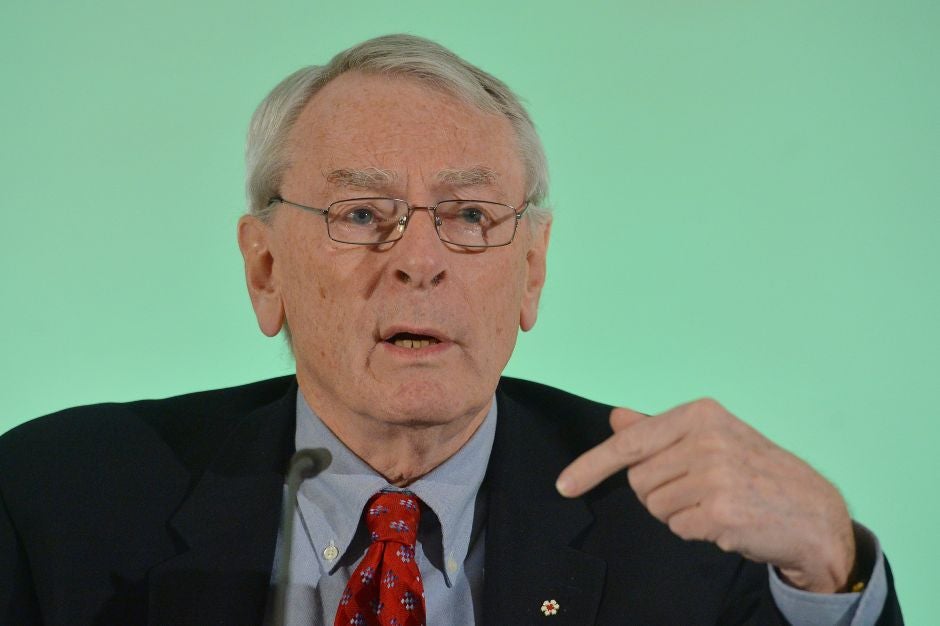
The IPC, noting the 35 covered-up tests McLaren found from Paralympic sports, said it will consider its options, as did the IOC, although Bach said he was calling an emergency meeting of his executive board on Tuesday to consider "provisional suspensions" for individuals and organisations.
So does that mean there will be no Russians in Rio?
Not necessarily, although it is hard to see how McLaren's report has helped Russia's chances of overturning the ban on its track and field team at the Court of Arbitration for Sport.
It seems probable only a few "neutral athletes" from Russia will be allowed into the athletics stadium and perhaps no Russians at all in weightlifting.
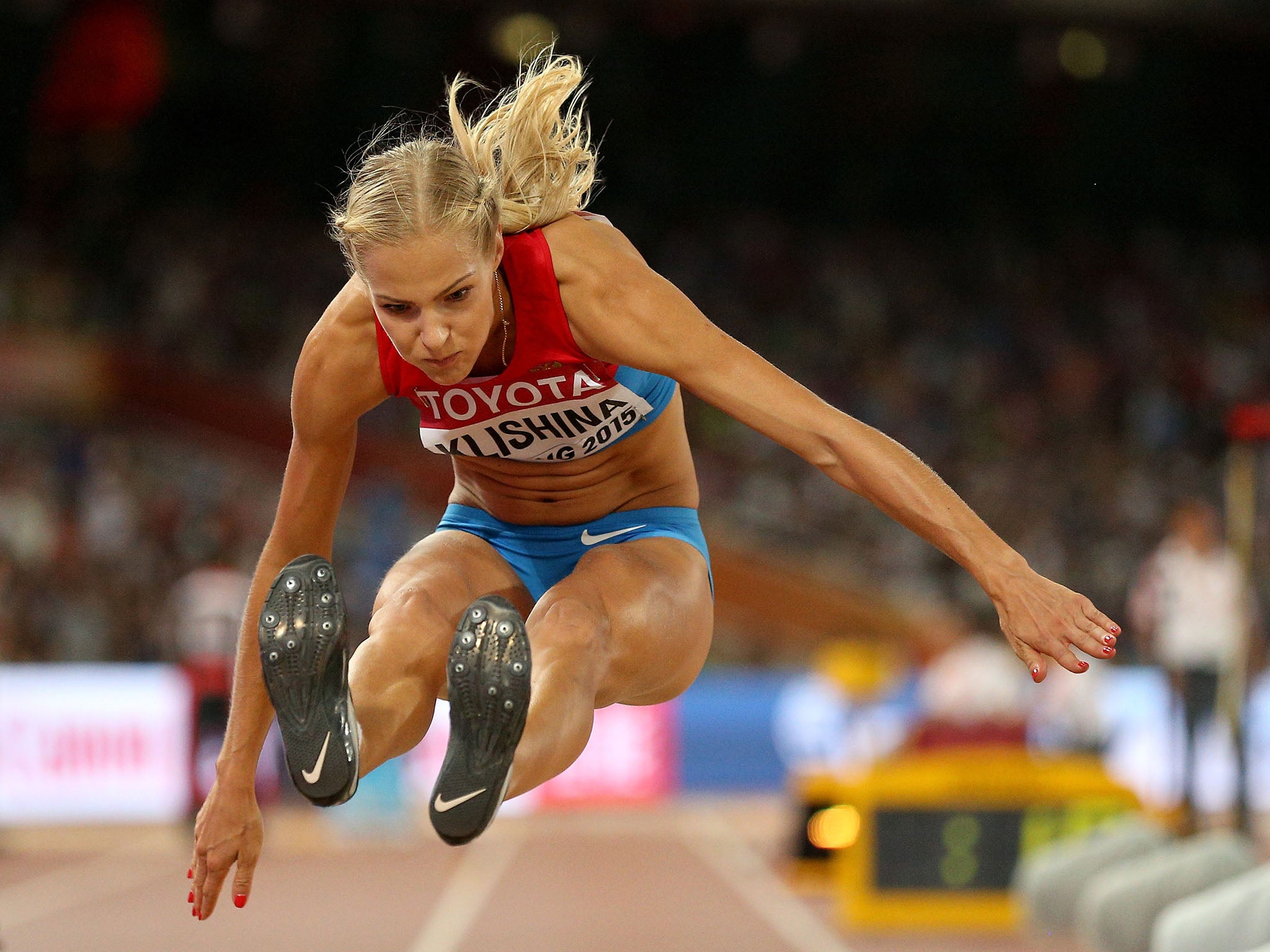
The invited athletes have all come through an individual vetting process to make sure they have clean anti-doping records that can be verified by non-Russian agencies, which means not being based at home. And very few Russians train abroad.
This is the process Wada and others want for the whole team, which means a tiny delegation, neutral kits and no Russian anthem, flag or officials. We are about to find out if the IOC and IPC have the stomach for this.
What has been the reaction in Russia?
Denial, anger, bargaining, resignation and acceptance, often in the same sentence, although the first statement from Putin on Monday still seemed stuck on denial and anger.
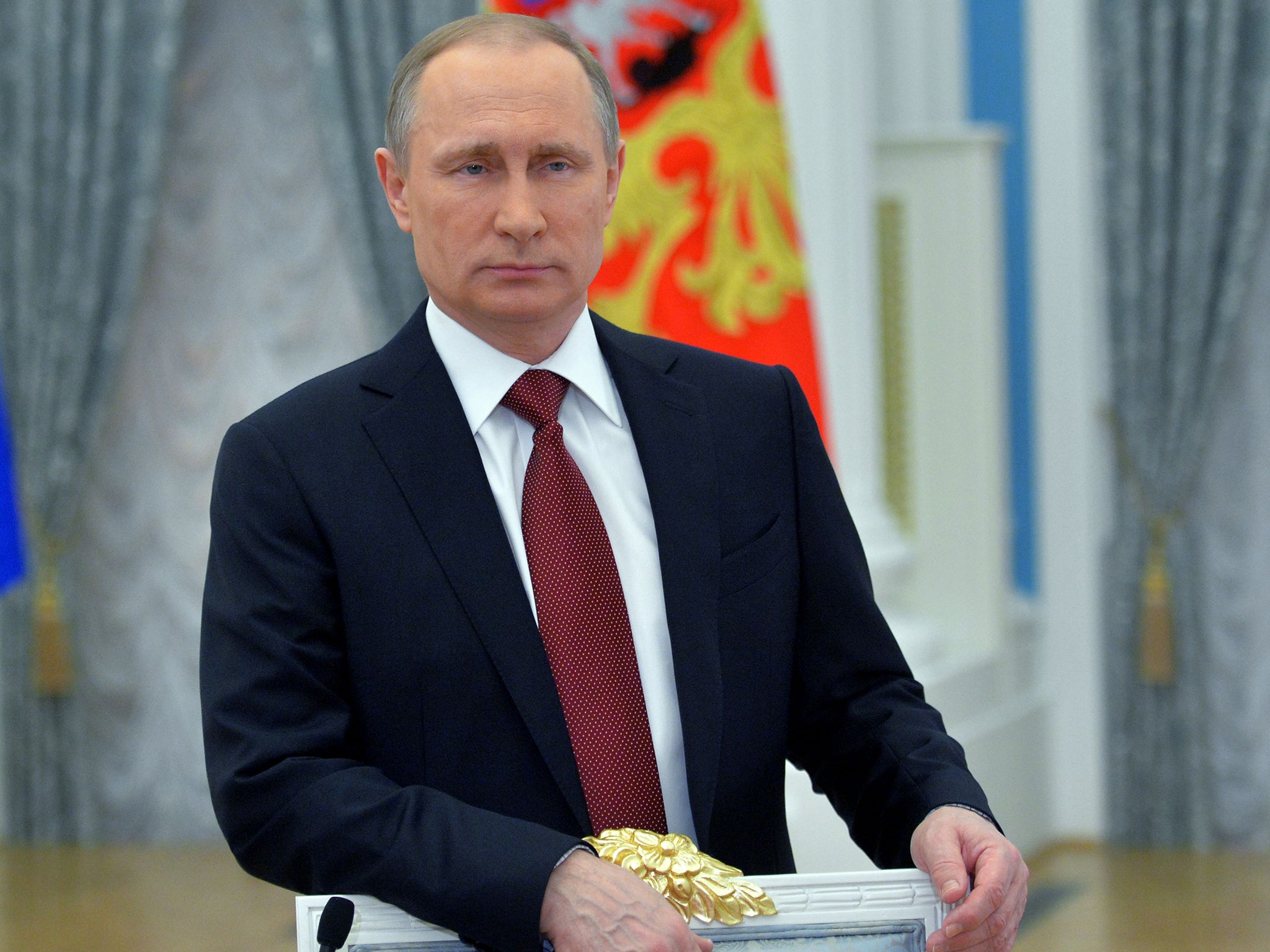
He did, however, accept that everybody named in the report who has not been sacked already will have to be provisionally suspended, although early indications suggest that will stop short of Sports Minister Vitaly Mutko, who is also the boss of Russian football and the chairman of the organising committee for the 2018 World Cup.
Having been humiliated for being caught gaming the world's most expensive Games at Sochi, Putin may realise a neutral delegation of humble and squeaky-clean Russians in Rio is not such a disaster if it means holding onto the World Cup.
PA
Join our commenting forum
Join thought-provoking conversations, follow other Independent readers and see their replies
Comments